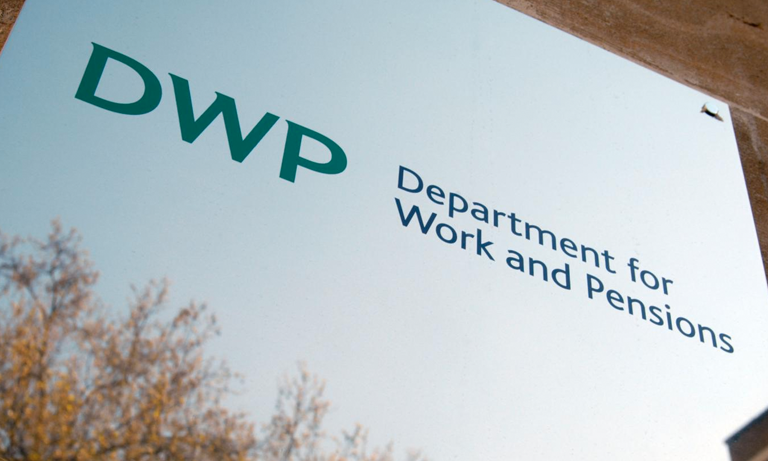 The gender employment rate gap is at a near-record low, just 8.9%
The gender employment rate gap is at a near-record low, just 8.9%Recruitment companies must do more to help stamp out the rapidly growing issue of job scams, Employment Minister Damian Hinds has said.
Recruitment fraud is a serious, yet lesser-known crime which often goes unreported by jobseekers. However research shows that 1 in 10 jobseekers have been a victim of a job scam.
Victims are typically on low income and are duped into applying for a fake job. They are asked to pay up-front costs for items like security checks, with these victims losing on average up to £500.
The Employment Minister wants more organisations to do their part to highlight this serious issue, and is challenging big players and jobs boards to take action by signing up to the SAFERjobs campaign.
Employment Minister, Damian Hinds, said:
“It’s unacceptable that jobseekers, typically ordinary people on low income, are being targeted by fraudsters. Looking for work can be tough enough and even the smallest setback can derail the most promising careers.
“Many of the people affected are just looking to provide for their families, and instead face financial hardship at no fault of their own. I want more of these fraudsters caught and to feel the full extent of the law.
“That’s why I’m calling on more recruitment companies and job boards to take their responsibilities seriously, and follow our lead by promoting the excellent work of SAFERjobs.”
The rallying call follows the success of DWP in promoting the non-profit, joint industry and law enforcement organisation SAFERjobs though the government’s job site Universal Jobmatch. This has increased the number of people accessing information on job scams six-fold.
The chairman of SAFERjobs, Keith Rosser:
“Recruitment fraud is varied and affects people in different ways. It can be a fake job offer advising that the individual needs to pay for security checks, online training, visas or insurance, or a work-from-home scam conning people into money laundering.
“Unfortunately, job scams are on the rise and in the last 2 years we have witnessed a 300% rise in recruitment related fraud and misconduct.
“SAFERjobs offers free advice to jobseekers and agency workers to ensure people do not fall foul of scams or illegal practice. Look for recruiters who partner with SAFERjobs for a safer job search.”
One person affected is Chloe, who was asked to provide money up front for DBS checks to work in childcare. In total she was scammed out of £125.
“Everything about the role looked great, and I was advised it would take between 6 to 8 weeks for the checks to be completed. However, once I paid the money red flags started to appear when I didn’t hear anything back from the company.
“This is not how to treat people. This has caused me so much stress over the past couple of months, right when my income is low and I’m trying to find work.
“I would like to get my money back and have opened up a fraud investigation with the support of SAFERjobs – I want to stop this agency from doing this to other people.”
Top tips
Jobseekers should always be careful to protect themselves and below are 5 basic tips on being safe when looking for work.
1. Never part with money
Employers should pay employees, not the other way round. Someone should be suspicious if asked to pay for any fees upfront for security checks, visas or training.
2. Never phone the company for an interview
Premium rate phone scams are common. This is where an individual calls a pay-for number thinking it’s an interview, when actually they are paying for every minute they stay on hold.
3. Never provide personal details
Bank account details, National Insurance number, date of birth, driving licence or utility bill information that are not relevant to an application process. Such information should also not be included in a CV.
4. Never do everything online
Whilst technology is a great enabler to help people find work, at some point a job discussion should lead to telephone or face to face an interview. Hiring agents who keep the relationship solely to email must be treated extremely cautiously.
5. Do some research
Find out about the company that the job is with. Check landline telephone numbers to confirm the job is real, and use social media and similar sources to dig deeper into the organisations to see their reputation.
Recruiters love this COMPLETE set of Accredited Recruitment & HR Training – View Training Brochure








